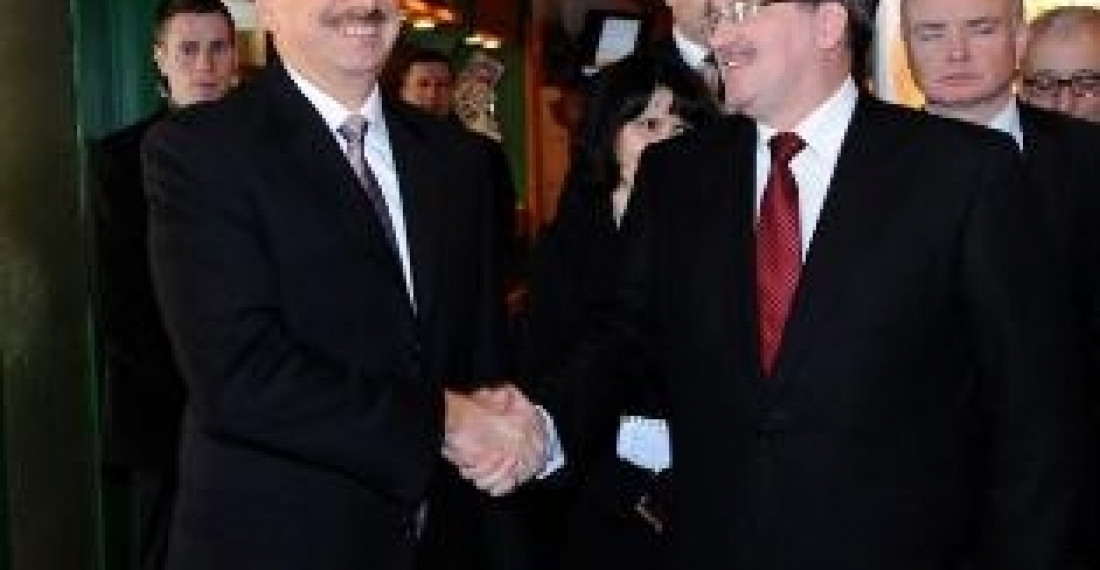Президент Польши Бронислав Коморовский 28-29 июля прибудет в Ереван с официальным визитом. Об этом корреспонденту АрмИнфо сообщили в пресс-службе президента Польши.
Согласно повестке визита, глава польского государства посетит мемориал памяти жертв Геноцида армян "Цицернакаберд", где пройдет церемония возложения венка и посадка ели на аллеи памяти. Бронислав Коморовский встретится с руководством страны, с которым обсудит вопросы двустороннего сотрудничества, а также развития отношений с Европейским союзом. Кроме того, глава польского государства посетит институт-музей древних рукописей <Матенадаран> и встретится с главой Армянской Апостольской Церкви Гарегином II.
Согласно информации, визит главы Польши региональный, и в настоящее время он находится в Баку, откуда отправится в Грузию, а затем уже в Армению.
В поездке Коморовского сопровождают министры иностранных дел, экономики и культуры, а также группа бизнесменов.





